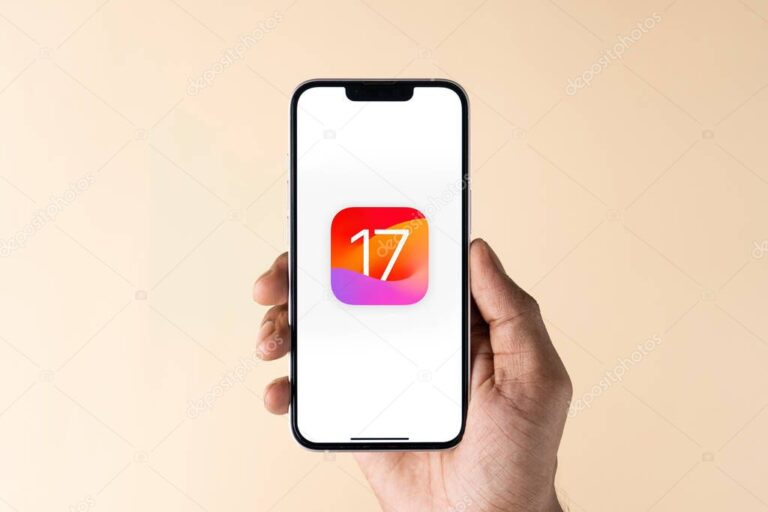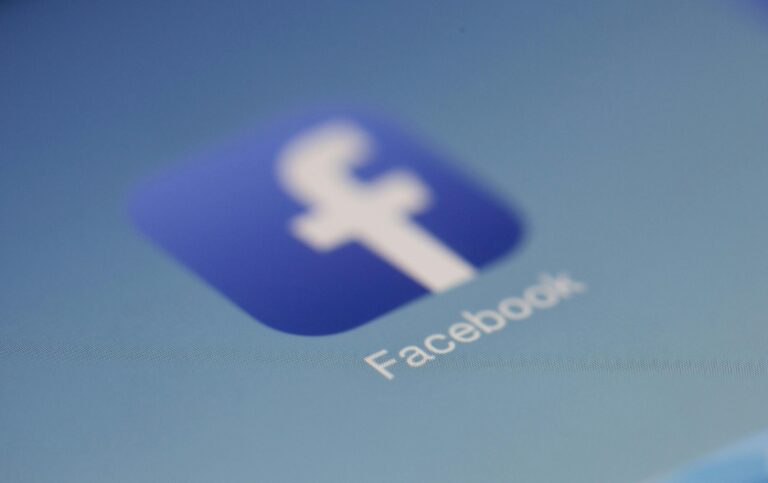TikTok has rapidly become the social media epicenter for Gen Z and Millennials. With over 150 million users in the U.S. alone, it shapes culture, conversation, and even policy debates. But behind the entertainment and viral dances lies a growing unease: what does TikTok really do with our data?
Is TikTok Just Another App or a National Security Risk?
Unlike most Silicon Valley-based platforms, TikTok is owned by ByteDance, a Chinese company subject to China’s strict data laws. This has fueled years of tension between U.S. lawmakers and the app, with multiple bills attempting to ban or limit TikTok’s operations in America.
Critics argue that TikTok poses a risk to national security, citing concerns that American user data could be accessed by the Chinese government. ByteDance has denied these claims, asserting that U.S. data is stored in servers located outside China. However, leaked internal documents and whistleblower reports have only intensified skepticism.
What Kind of Data Does TikTok Collect?
TikTok collects an extensive amount of personal information, including:
- Location data (GPS-based)
- Device IDs and system settings
- Face and voice prints (biometric data)
- Clipboard activity
- Behavioral analytics (watch time, engagement, etc.)
While this level of tracking isn’t uncommon among social platforms, the cross-border ownership complicates the trust equation.
Project Texas and the Push for Transparency
In response to regulatory pressure, TikTok launched “Project Texas” — a multi-billion dollar initiative to relocate U.S. user data to Oracle-run servers within the United States. The project aims to increase transparency and create a firewall between ByteDance and American user information.
Yet, critics claim this is not enough. Skeptics point to continued influence from Beijing-based leadership and lack of independent oversight.
Government Response: Where Does TikTok Stand in 2025?
As of mid-2025, multiple U.S. states have banned TikTok from government devices. The federal government has introduced legislation to force ByteDance to divest its U.S. TikTok operations or face a nationwide ban. The White House maintains that safeguarding national data is a bipartisan priority.
Public hearings and classified briefings continue to shape the narrative, while TikTok’s PR team invests heavily in youth outreach and creator-led advocacy to combat the ban narrative.
What Can Users Do to Protect Themselves?
Whether or not you’re concerned about national security, you should always protect your personal data online. Here are a few steps:
- Disable location tracking in TikTok settings
- Avoid linking sensitive apps or services
- Limit permissions (microphone, camera, contacts)
- Use app time limits and review privacy settings monthly
Final Thoughts
TikTok’s influence on American culture is undeniable. But as the app continues to grow, so do the ethical and legal questions about how it handles user data. With increasing government pressure and user awareness, 2025 may be a turning point in the U.S. digital privacy conversation.
TikTok isn’t just a social app — it’s a geopolitical flashpoint.


